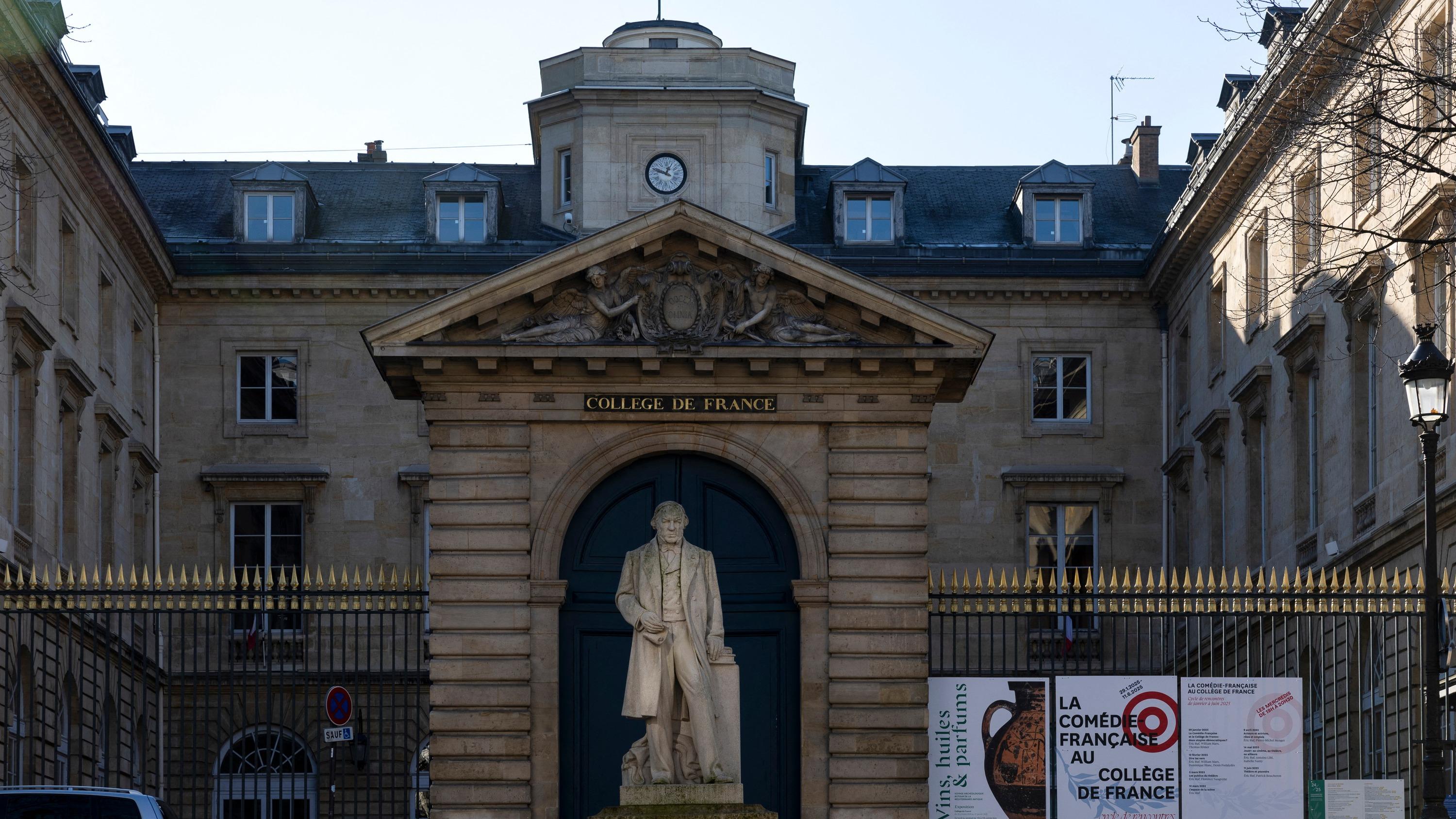Collège de France Cancels Palestine Conference Amid Political Controversy
The Collège de France has canceled a scheduled Palestine conference due to political pressure and security concerns, sparking debate over academic freedom and neutrality.
- • Collège de France canceled the Palestine conference scheduled for November 13-14, 2025, citing safety and neutrality concerns.
- • The event was labeled 'pro-Palestinian' and criticized by the International League Against Racism and Anti-Semitism (Licra).
- • Minister Philippe Baptiste supported the cancellation as a responsible defense of academic freedom and respectful debate.
- • The conference was co-organized by historian Henry Laurens and the Arab Center for Research and Political Studies, linked to contentious political positions.
Key details
The Collège de France decisively canceled a conference titled "Palestine and Europe: Weight of the Past and Contemporary Dynamics," originally scheduled for November 13-14, 2025. The institution cited security concerns and the need to maintain campus tranquility as primary reasons for the cancellation. The conference, co-organized by historian Henry Laurens and the Arab Center for Research and Political Studies (Carep Paris), was labeled as 'pro-Palestinian' by critics including the International League Against Racism and Anti-Semitism (Licra), which denounced the event as an 'anti-Zionist fair.' The Licra also expressed concern over the use of a prestigious academic venue for what they perceived as a politically charged event.
Minister of Higher Education Philippe Baptiste supported the decision, deeming it responsible and emphasizing the importance of upholding academic freedom alongside respectful and pluralistic debate. The Collège reiterated its strict neutrality on political and ideological subjects, rejecting any support or promotion of activism. The organization stressed that the cancellation was necessary to safeguard both people and property on campus, ensuring peaceful proceedings.
The event had been slated to host notable figures including Josep Borrell, Dominique de Villepin, and Francesca Albanese, intensifying attention to its political implications. Carep Paris' perceived pro-Arab stance and alleged links to the Muslim Brotherhood further fueled the controversy, ultimately leading to mounting political pressure from the Ministry of Higher Education and civil society actors.
This article was translated and synthesized from French sources, providing English-speaking readers with local perspectives.
Source articles (2)
Source comparison
Date of the event
Sources disagree on the scheduled date of the conference
lefigaro.fr
"The conference was scheduled for November 13-14, 2023."
lemonde.fr
"The colloquium was set to take place on November 13 and 14, 2025."
Why this matters: One source states the conference was scheduled for November 13-14, 2023, while the other claims it was set for November 13-14, 2025. This discrepancy is significant as it affects the timeline of the event and the context of the cancellation.
Latest news
France Returns the Djidji Ayôkwé Talking Drum to Côte d'Ivoire After Over a Century
Record 37 Days of Rain Triggers Ongoing Severe Flooding in Western France
Political Divisions and Social Tensions Intensify Following Quentin Deranque’s Death in Lyon
French Economy Minister Calls for Full Insurance Industry Mobilization Amid Devastating Storm Floods
France Boosts Social and Solidarity Economy with New Tools and Potential Tax Reforms in 2026
Saint-Nazaire Mayor Condemns Vandalism of Two Political Offices as Attack on Democracy
The top news stories in France
Delivered straight to your inbox each morning.


